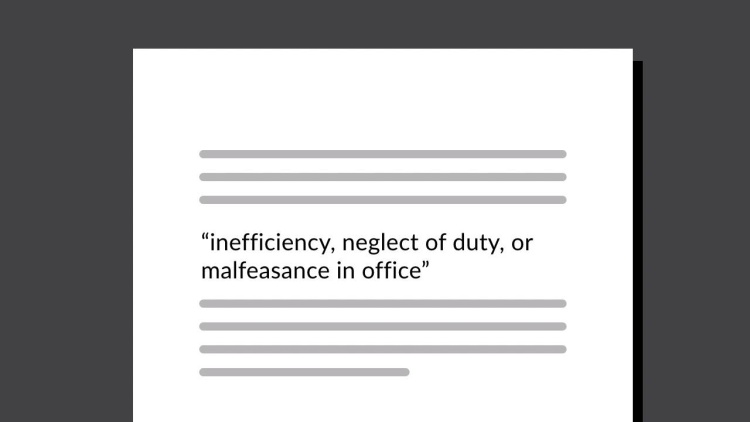Humphrey’s Executor v. United States
United States Supreme Court
295 U.S. 602, 55 S. Ct. 869, 79 L. Ed. 1611 (1935)
- Written by Susie Cowen, JD
Facts
President Roosevelt fired William Humphrey, a commissioner of the Federal Trade Commission (FTC). Humphrey later died. The executor of Humphrey’s estate (plaintiff) sued the United States (defendant) for back pay. The executor also alleged President Roosevelt violated the Federal Trade Commission Act, which stated that a commissioner could be removed only for being inefficient, neglecting duties, or wrongdoing. The government argued that Humphrey’s estate was not entitled to back pay because the act’s removal restriction was unconstitutional. The United States Court of Claims dismissed the back-pay claim and certified the question of the removal restriction’s constitutionality to the United States Supreme Court.
Rule of Law
Issue
Holding and Reasoning (Sutherland, J.)
What to do next…
Here's why 907,000 law students have relied on our case briefs:
- Written by law professors and practitioners, not other law students. 47,100 briefs, keyed to 996 casebooks. Top-notch customer support.
- The right amount of information, includes the facts, issues, rule of law, holding and reasoning, and any concurrences and dissents.
- Access in your classes, works on your mobile and tablet. Massive library of related video lessons and high quality multiple-choice questions.
- Easy to use, uniform format for every case brief. Written in plain English, not in legalese. Our briefs summarize and simplify; they don’t just repeat the court’s language.





